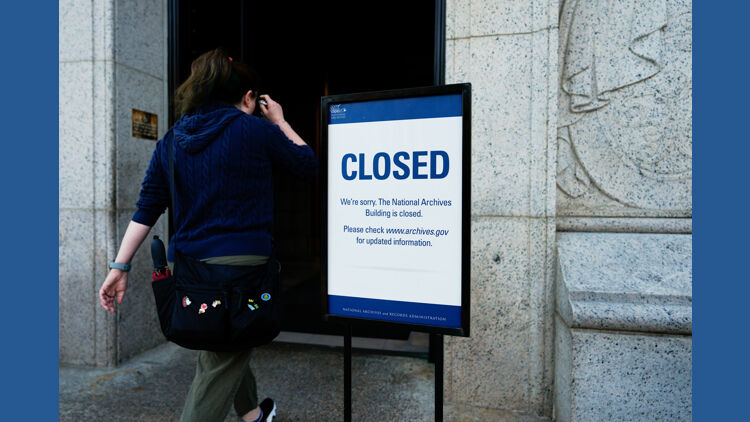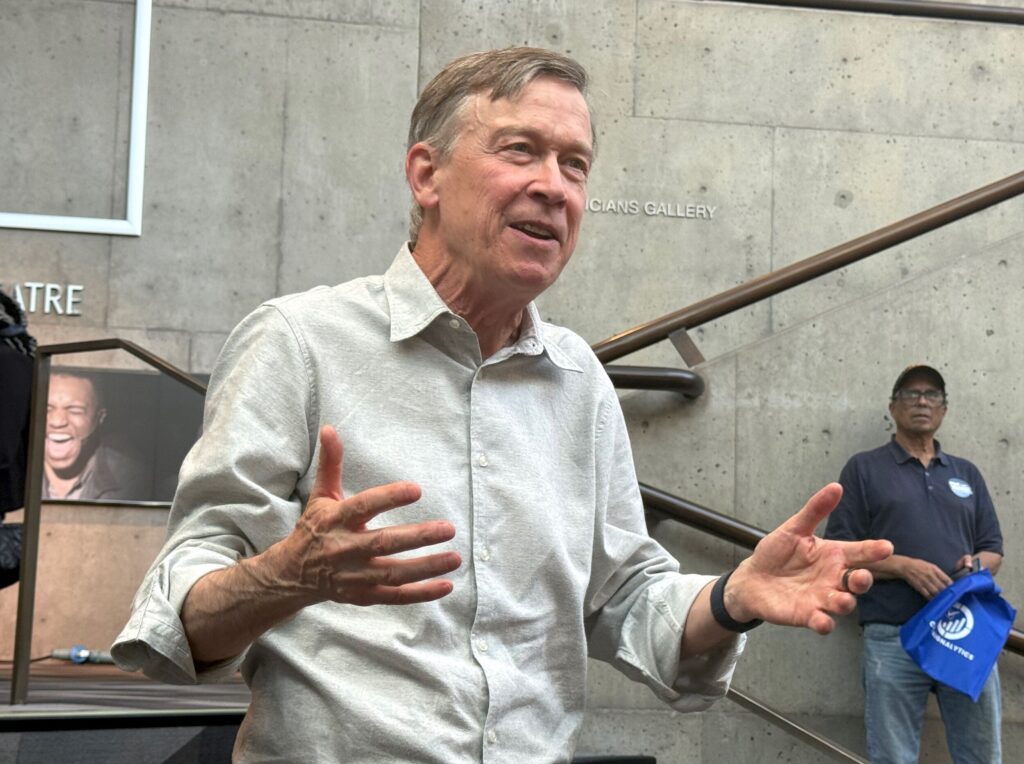Colorado Senate’s revised RTD transit reform bill clears committee in party-line vote
Following months of conversations with riders, the community, and board members, lawmakers have introduced a revised version of reform measures to the Denver Metro’s Regional Transportation District (RTD). Last year’s measure fizzled out in part due to contentions between bill sponsors and the board.
This year’s bill, sponsored by Sens. Faith Winter, D-Westminster and Iman Jodeh, D-Aurora, and Reps. Meg Froelich, D-Englewood, and William Lindstedt, D-Broomfield, is the result of numerous discussions over the interim during what Winter called “Transit Tuesdays.”
The bill passed on a 6-3 party-line vote, with the committee’s six Democrats voting in favor and the three Republicans voting against it.
During the 11 Transit Tuesday meetings, RTD riders, board members, staff and other stakeholders gathered to brainstorm ways to improve the agency’s operations and increase ridership.
Last year’s transit reform bill, sponsored by Winter, Froelich, and Lindstedt, drew criticism from RTD board members, who took issue with its plan to cut the board in half.
Among other provisions, the omnibus bill would’ve required the board to develop a 10-year strategic plan to increase ridership, improve transparency, and adhere to the state’s climate goals. After pushback from the RTD board and members of the disability community, sponsors amended the bill to eliminate the board size reduction, but the measure ultimately stalled in Senate Appropriations.
This year’s bill is nearly as lengthy as the 2024 measure, and includes provisions requiring RTD to:
- Align with the state’s greenhouse gas reduction targets;
- Create worker retention goals;
- Create a strategic 10-year plan with a third-party contractor;
- Publish online dashboards detailing progress on its capital projects, ridership numbers, service changes, and workforce statistics;
- Notify the Denver Regional Council of Governments and Department of Local Affairs of any known infrastructure gaps in transit-oriented communities (defined by last year’s House Bill 1313); and
- Modernize and advertise its EcoPass program and discounted rates for low-income riders
The bill also revives the RTD Accountability Committee, which will be tasked with providing the General Assembly with recommendations concerning the RTD board’s governance structure, composition, and compensation, as well as the agency’s workforce retention.
Jodeh called the bill “a critical step towards building a more equitable, accessible and sustainable future for Colorado.”
Transportation is more than just getting from Point A to Point B, it encompasses every facet of Coloradans’ lives, from health care to economic opportunity, said Jodeh.
Issues with RTD’s lack of affordability, reliability, and accountability have placed “undue burdens” on those who rely on public transportation, including youth, seniors, people with disabilities, and communities of color.
Winter commended stakeholders’ work during the Transit Tuesday discussions.
“Showing that passion and dedication gives me hope that we are going to have a great public transit system in the future that is reliable, safe, has increased ridership, and gets people from where they live to where they need to go,” she said.
According to Matt Frommer of the Southwest Energy Efficiency Project, transportation is the second-largest household expense among American families. A new car costs about $11,000 a year in Colorado — RTD’s $1000 yearly pass is “a sweet deal” in comparison, he said, “but only if the service is useful and dependable”.
Right now, that’s not the case.
If the state wants to meet its climate goals as it continues to grow, more people need to use public transit instead of driving, said Frommer.
However, considering that many Denver Metro residents who don’t drive a car often avoid using RTD because of its issues with reliability, transparency, and accountability, things need to change.
“As the Denver region grows, we need a transit agency that delivers fast, frequent, and reliable service,” Frommer said. “Buses and trains arriving only every 30 to 60 minutes, shutting down after work hours and failing to show up on time or sometimes not at all push people toward driving.”
RTD Board chair Julien Bouquet said the board had a “hearty” discussion about the bill last month and voted nearly unanimously to take an “amend” position.
“RTD is a committed partner to the state of Colorado and welcomes the opportunity to work with the General Assembly in pursuit of continuous improvement of transit for residents and visitors to the area,” he said, but there are several changes the board would like to see made to the bill: allow the RTD board members on the Accountability Committee to cast votes, add two former RTD board members to the committee, and strike a measure in the bill prohibiting write-in candidates for the RTD board. An amendment was made to the bill to add one former RTD member to the committee.











